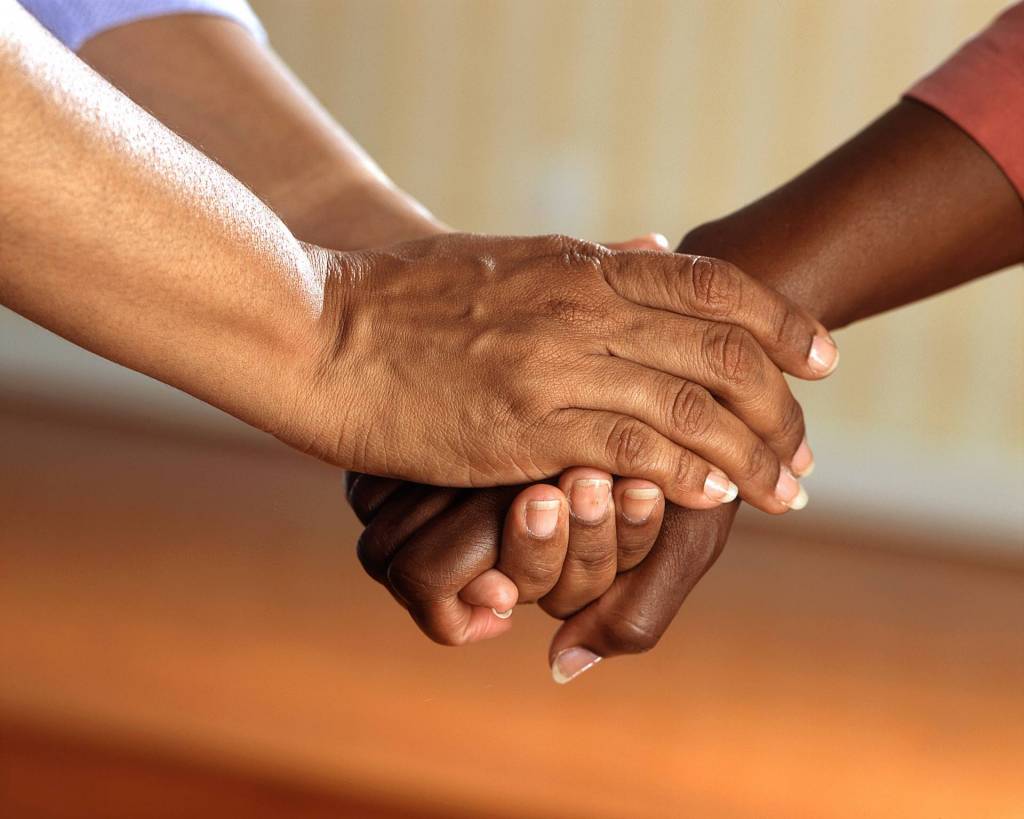
During yesterday’s Facebook Live discussion, Heidi and I were joined by Dr. Ken Druck, a psychologist and best-selling author who has helped so many families and individuals during traumatic events like 9/11, Sandy Hook, and Columbine. He also lost his daughter, so he understands the scope of grief and grieving.
Our discussion focused on how caregivers can deal with the Coronavirus as well as how all of us deal with what the situation has done in terms of creating a “living loss.”
Caregivers and the Coronavirus
For caregivers like Heidi who is a therapist, wife, and mother — and now Coronavirus patient — this situation presents new challenges. Whether you are a caregiver who has it or just one trying to manage this new environment, there can be guilt about stopping and ensuring self-care.
In reality, this is the most important time for caregivers and anyone to contain self-critical thoughts and focus more on health, wellness, and self-compassion. As Ken explained during our talk, it’s time to “take your foot off your throat and put your hand on your heart.”
Our Living Loss
While many of you may have experienced the loss of a loved one in death, the term, “living loss,” may be something new to you. It is especially fitting for the current Coronavirus pandemic.
What is happening is that we are all experiencing the loss of the life we once knew. There is no more familiarity, certainty, or security, which makes everything feel unsettling. No one knows how to work and live under a mandate to shelter in place or deal with prolonged social distancing. We don’t know how long the Coronavirus threat will go on and whether it will personally impact us or those around us.
And, for those that have experienced the loss of a loved one, it comes down to trying to manage both losses at once. What we shouldn’t do is avoid thinking about the impermanence of life. We can’t avoid death so we need to take the time to accept and understand it.
What We Can Do
All of these feelings make sense. It is okay to be concerned. More importantly, it is beneficial to talk about our losses with a trusted confidante or support group. This is also the time to relax and be okay with the fact that we don’t know everything about the situation.
We can also find more ways to connect with the family and friends we miss seeing in-person. For example, Ken enjoys his many FaceTime calls with his son and twin grandsons. My family and I organized a virtual Horsley Trivia Night. All of us are taking advantage of technology to send more time with those that make us feel good.
This situation is an opportunity to do a spring cleaning on our lives and look at what is possible, how we can use our time more effectively, what we can learn from this experience, and how we can strengthen the bonds we have with family and friends.
Use the time wisely to focus on professional-grade self-care. Setting goals around this self-care is also a way to see that you have some control over your life around things that can help you and those around you. As Heidi reminded us, she has focused on how to “keep moving” during her recovery from the Coronavirus. Even if you are a caregiver not dealing with the physical effects of COVID-19, you can also keep moving by focusing on these goals you’ve set for yourself during this situation.
